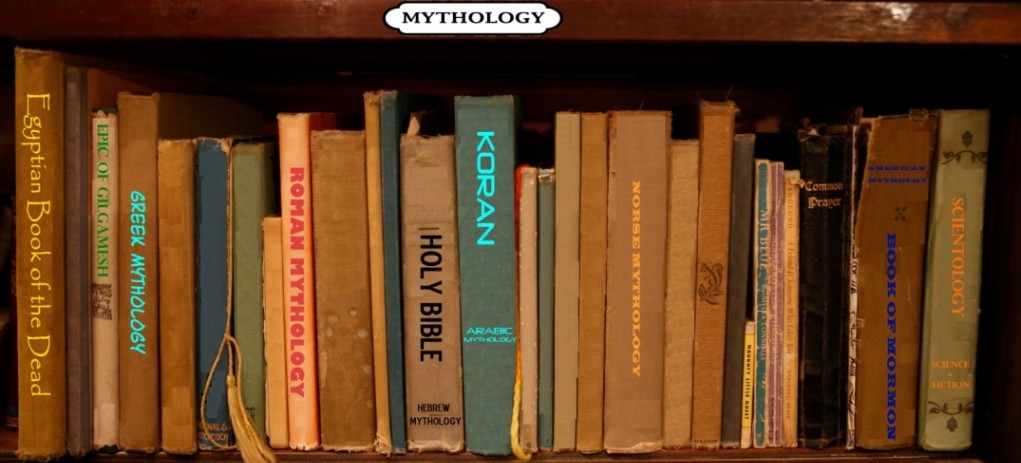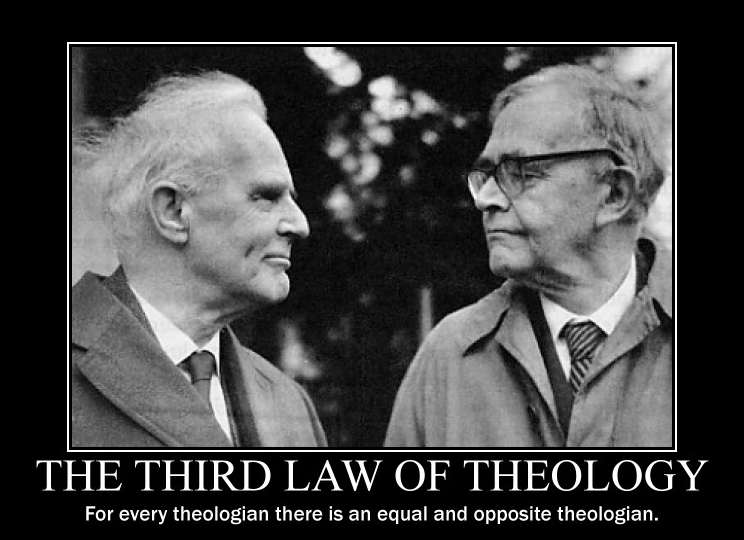
Theology.
The Wiki isn’t a bad place to start. Theology is defined there as “the systematic and rational study of concepts of God and of the nature of religious ideas.” Other definitions include: “the study of religious faith, practice, and experience; especially the study of God and of God’s relation to the world.”
One can get advanced degrees in theology, either committed to the existence of the divine as offered by some particular religious denomination, or study the ideas and practices concerning gods and religions without a commitment to either from a purely academic standpoint. Such an approach is usually termed “religious studies.” There are many secular scholars who study the religious behavior and ideas of man from a respectful distance. There is plenty of data to be examined in cultural practices and scriptures and monuments from all over the world from the past few thousand years.
But there is no data on the gods, the divine itself. This lack of information has been acknowledged for some time but is not repeated often enough to the general public even in our modern, enlightened times.
From the early Greek philosopher Protagoras:
“Concerning the gods I cannot know either that they exist or that they do not exist, or what form they might have, for there is much to prevent one’s knowing: the obscurity of the subject and the shortness of man’s life”
And the complete lack of data. In all the millennia, all over the world, from every culture past and present, not one divine being has ever showed up. Never, ever. No god, gods, or goddesses has ever saw fit to make an appearance. There is no data. There is nothing to discuss. Theology is purely an imaginative exercise in abject fiction. As a field of cultural studies, investigating what people thru the millennia have thought and wrote down about the divine, solid. But there is no knowledge of what those thoughts and writings surmise, propose and proclaim. There literally is nothing to discover and mull over beyond other human’s untested, untestable hypotheses about the gods.
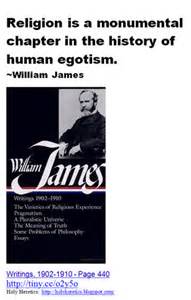
As the opening image states, for every theologian there is one with the opposite claim, there is no way to determine who is right or who is wrong about gods. Unlike science where 99% of the science is verified and thereby accepted and disagreement is only at the fringes of new discovery where there is not enough data to determine who is right…yet. With time, more data comes in and the hypothesis of one scientist is proven right and another hypothesis proven wrong.
The proper wording in science is of course “data supports one hypothesis and not another.” With enough data and support a claim is considered “proven” such as: a round earth, gravity, evolution, germ theory of disease, plate tectonics, DNA is the molecule of inheritance, and so on.
No such closure ever occurs in theology. The “data” of how the world appears to us is taken by one theologian to prove God’s grace, another His wrath, another Allah’s mercy and not Yahweh’s command, another the Flying Spaghetti Monster… ad infinitum, as nauseum.
Theology, the entire field is in this way the exact opposite of science. No claim is ever determined right or wrong. All theologians through time can only speculate on the speculations of others. That’s it. There is no knowledge as there is no data, no observations, no experiment. Hypotheses about the existence and attributes of god(s) remain forever untested. There is no way to determine which theologian is right. We cant check to see if God’s attributes are one way or the other, whether one theologian or another’s god is really “out there,” which religion is right, which theologians interpretation of a given scripture is right. It is all just made up. And rather arrogant as William James observed over a century ago.
Victor Stenger, the late physicist and secular author takes the lack of data on god a step further and uses it as evidence itself to examine the hypothesis of god’s existence: What sort of world we should find if many of the proclamations about god were really true? He makes quite an impressive argument that precisely because of the complete lack of expected results of a god being out there and affecting the world, that the whole hypothesis itself has failed to produce any of the predictions one would expect if any god did exist. It emphasizes just how odd, wholly imaginative theology truly is.
Do give it a read.
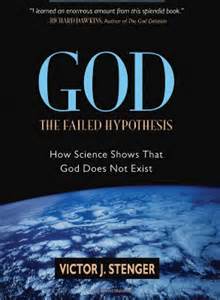
Thomas Paine, the American writer and skeptic said it best in his Age of Reason:
“The study of theology, as it stands in Christian churches, is the study of nothing; it is founded on nothing; it rests on no principles; it proceeds by no authorities; it has no data; it can demonstrate nothing; and it admits of no conclusion. Not anything can be studied as a science, without our being in possession of the principles upon which it is founded; and as this is the case with Christian theology, it is therefore the study of nothing.”
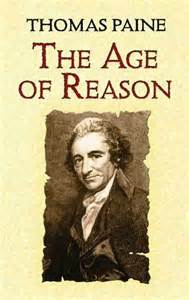
What if your neighbor one day gushingly, imploringly proclaimed:
“I believe with all my heart God is blue, but only on Tuesdays?. I am sure of it! I have been reading old scriptures, I’ve studied them extensively and then I had a revelation. God spoke to me in a dream, I know it was Him, and I’m so excited to tell the world what has been revealed to me. It is the hope and salvation of mankind to grasp the true essence of God! We have been searching, longing all these years for the proper relationship with the ineffable, the divine, the Almighty, the ground of our existence and source of all being. I must spread the good news!”
A fine theologian he wouldst make.
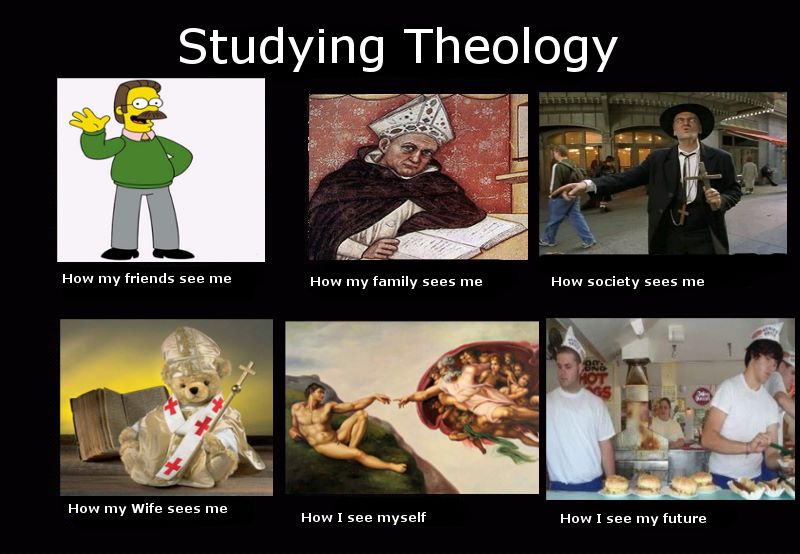
A most peculiar occupation overwhelmingly undertaken with all seriousness by males pursuing status through false authority. And complete bullshit.
end religion now.
(547)
